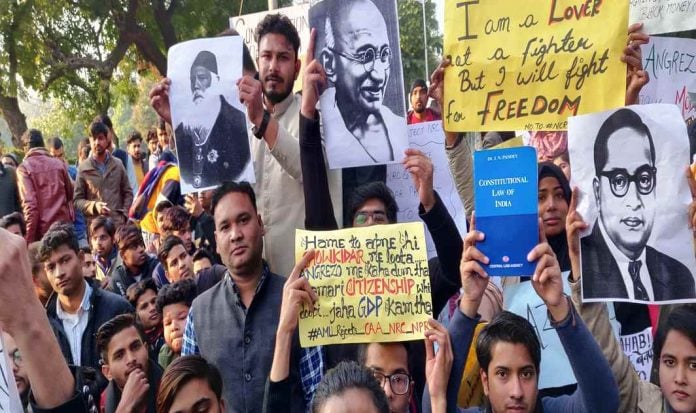Congress-ruled Rajasthan has become the third state to adopt a resolution against the contentious Citizenship Amendment Act or CAA in the state assembly. Last month, Kerala had set the ball rolling by passing a resolution against the CAA and Congress-led Punjab followed suit.
The Rajasthan Assembly today passed a resolution today urging the centre to revoke the controversial law that has triggered massive protests across the country.
The CAA “is aimed at distinguishing illegal migrants on the basis of religion”, the resolution said. “This is the first time in the history of the country that a law has been enacted which discriminates people on religious grounds.”
“Such discrimination of people on the grounds of religion is not in consonance with the secular ideas enshrined in the Constitution and is clearly violative of the Article 14,” it added.
Earlier this week, the Supreme Court had refused to stay the CAA saying it won’t pass any order without hearing the government. The Centre has four weeks to respond to all the petitions challenging the CAA, which allows non-Muslims from Muslim-majority Pakistan, Bangladesh and Afghanistan to become Indian citizens if they fled religious persecution and entered India before December 31, 2014.
Critics of the amendment believe that the CAA, along with the National Register of Citizens (NRC) will be used to target Muslims.
Last month, Left-ruled Kerala adopted an anti-CAA resolution that was supported by leaders across party lines except for the lone BJP MLA — O Rajagopal.
The southern state also challenged the law in the Supreme Court.
Soon after, the Punjab government passed a resolution with Chief Minister Captain Amarinder Singh saying that his government would not allow the implementation of the “brazenly divisive CAA”.
A special session of the West Bengal Assembly has been summoned at 2 pm on January 27 to pass a resolution to scrap the law.
However, senior Congress leaders Kapil Sibal, Salman Khurshid and Jairam Ramesh have said that it would be “constitutionally difficult” for states not to follow laws passed by the parliament and expressed doubt whether the resolutions would stand judicial scrutiny.


